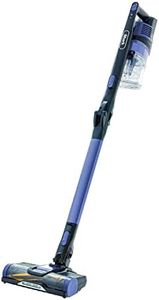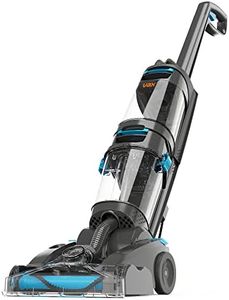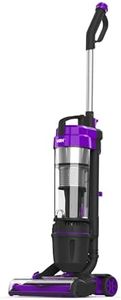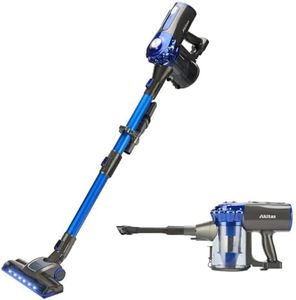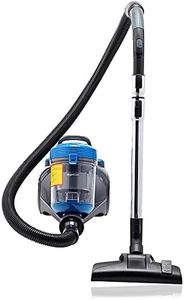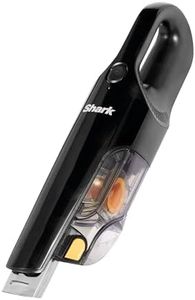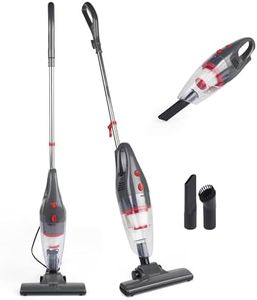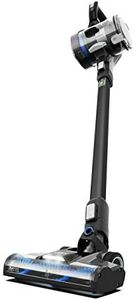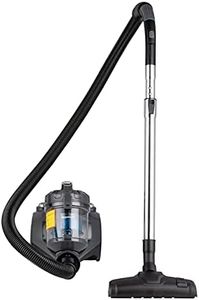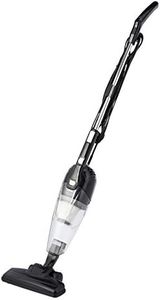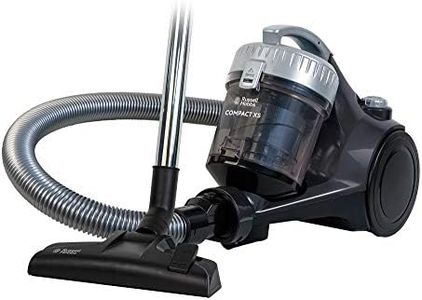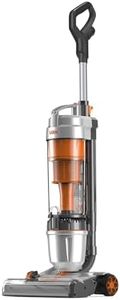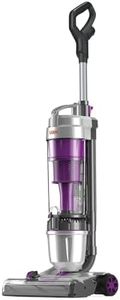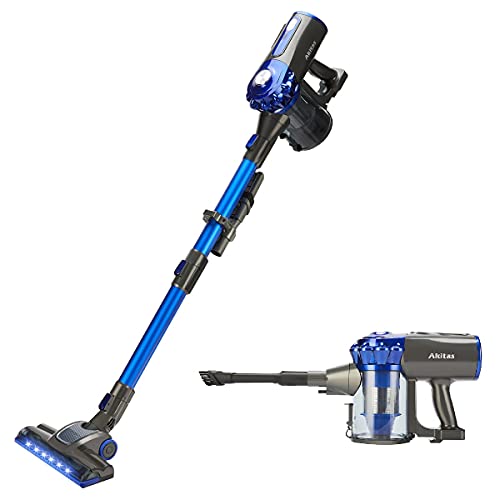We Use CookiesWe use cookies to enhance the security, performance,
functionality and for analytical and promotional activities. By continuing to browse this site you
are agreeing to our privacy policy
10 Best Cheap Vacuums 2025 in the UK
How do we rank products for you?
Our technology thoroughly searches through the online shopping world, reviewing hundreds of sites. We then process and analyze this information, updating in real-time to bring you the latest top-rated products. This way, you always get the best and most current options available.

Buying Guide for the Best Cheap Vacuums
Choosing the right vacuum cleaner can make a big difference in how effectively you clean your home. When looking for a vacuum, especially a budget-friendly one, it's important to consider several key specifications to ensure you get the best fit for your needs. Here are some important specs to look at and how to navigate them.Suction PowerSuction power is a measure of how effectively a vacuum can pick up dirt and debris. It's important because stronger suction means better cleaning performance, especially on carpets and rugs. Suction power is often measured in watts or air watts. For general home use, a vacuum with moderate suction power (around 200-300 air watts) should suffice. If you have pets or thick carpets, you might want to look for higher suction power.
Filtration SystemThe filtration system in a vacuum cleaner determines how well it can trap dust and allergens. This is crucial for maintaining air quality, especially if you have allergies or asthma. HEPA filters are the gold standard, capturing 99.97% of particles. If you don't have specific allergies, a standard filter might be sufficient, but for those with sensitivities, a vacuum with a HEPA filter is recommended.
Bagged vs. BaglessVacuum cleaners come in bagged and bagless varieties. Bagged vacuums use disposable bags to collect dirt, which can be more hygienic and better for allergy sufferers as they trap dust more effectively. Bagless vacuums use a canister that you empty, which can be more convenient and cost-effective since you don't need to buy replacement bags. Consider your preference for convenience versus hygiene when choosing between these types.
Weight and ManeuverabilityThe weight and maneuverability of a vacuum cleaner affect how easy it is to use, especially if you have multiple floors or need to carry it around. Lightweight vacuums (under 10 pounds) are easier to handle and store, while heavier models might offer more stability and power. If you have a large home or physical limitations, a lighter vacuum might be more suitable.
Attachments and AccessoriesAttachments and accessories can enhance the versatility of your vacuum cleaner. Common attachments include crevice tools, upholstery brushes, and pet hair tools. These are important for cleaning different surfaces and hard-to-reach areas. If you have pets, look for vacuums with specialized pet hair attachments. For general use, a basic set of attachments should be sufficient.
Noise LevelThe noise level of a vacuum cleaner can be an important consideration, especially if you live in an apartment or have young children. Noise levels are measured in decibels (dB). Quieter vacuums typically operate at around 60-70 dB, while louder ones can exceed 80 dB. If noise is a concern, look for vacuums specifically marketed as quiet or with lower dB ratings.
Cord Length and Cordless OptionsCord length affects how far you can move from the power outlet while vacuuming. Longer cords (20-30 feet) offer more flexibility, while shorter cords might require frequent unplugging and replugging. Cordless vacuums offer maximum mobility but are limited by battery life, usually ranging from 15 to 60 minutes. If you have a large area to clean, a longer cord or a high-capacity cordless vacuum might be more suitable.
